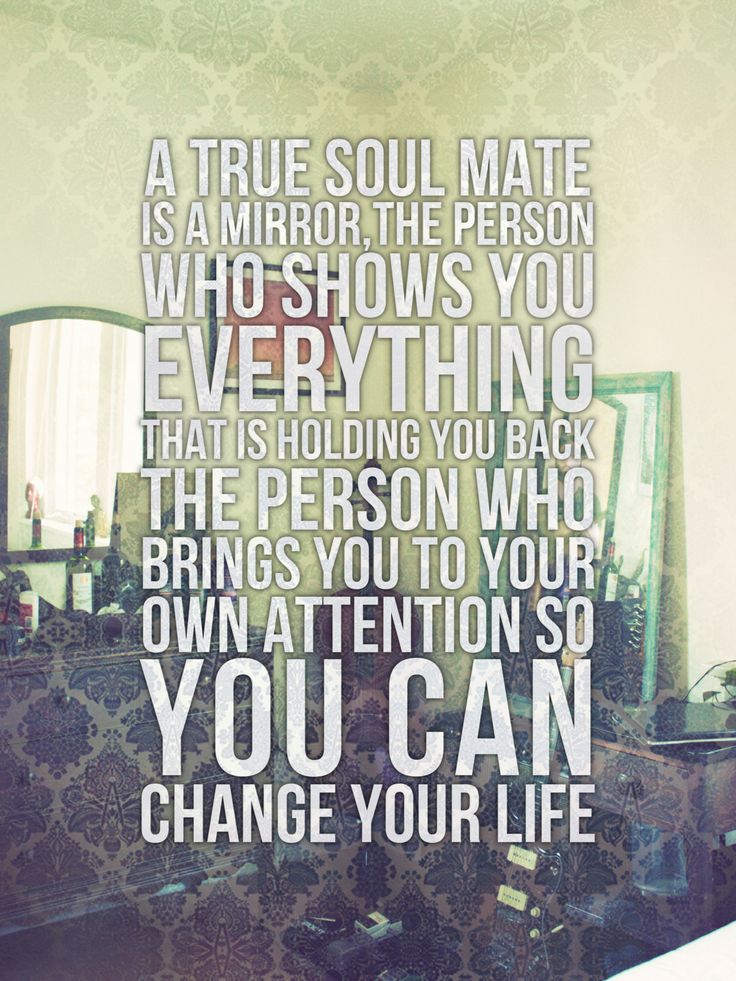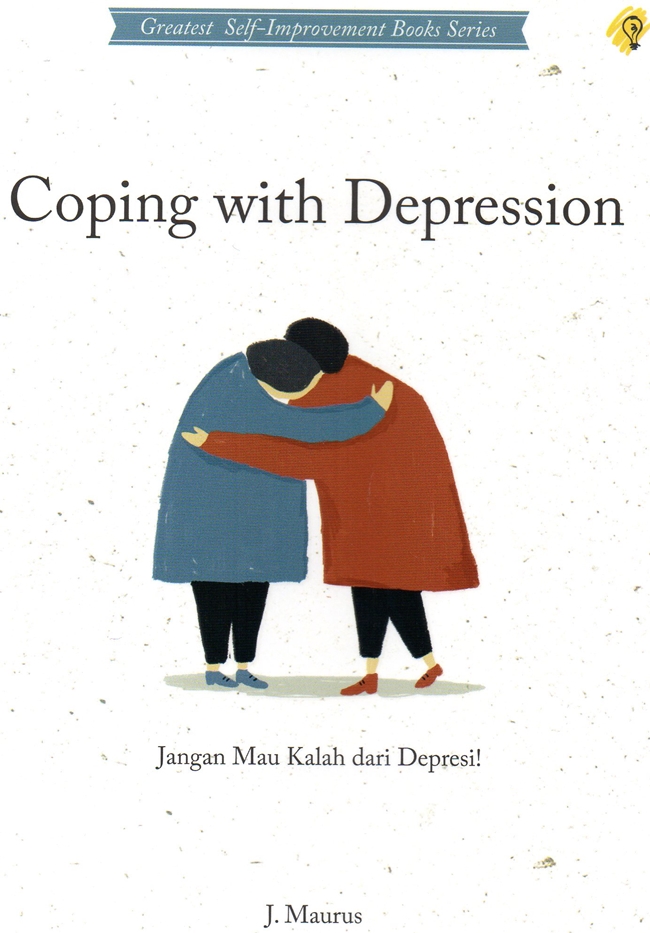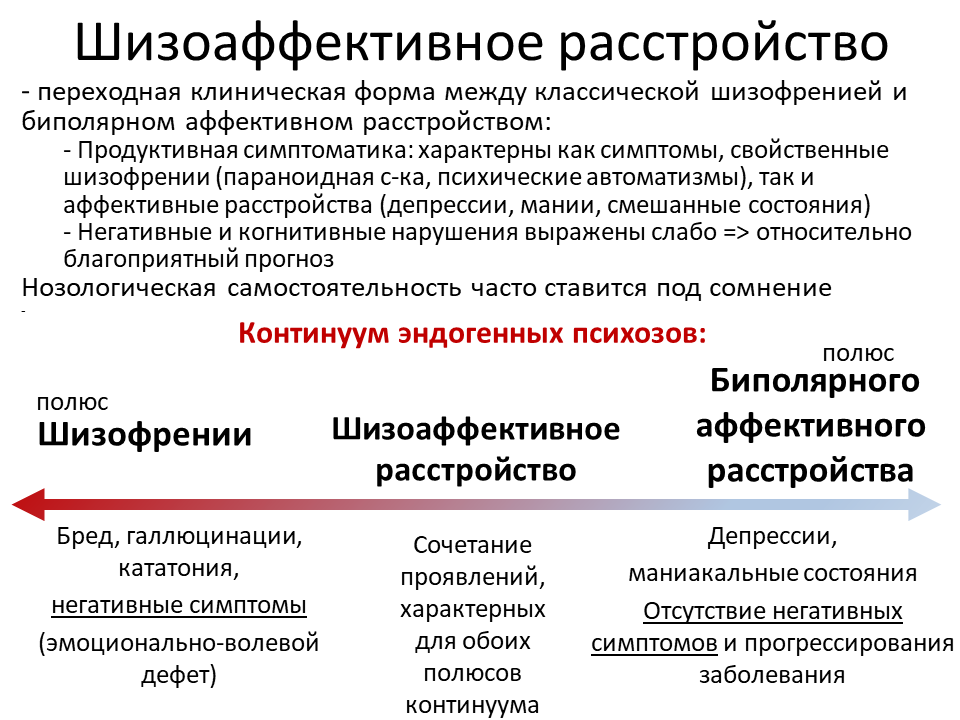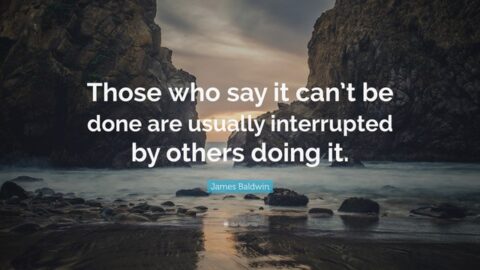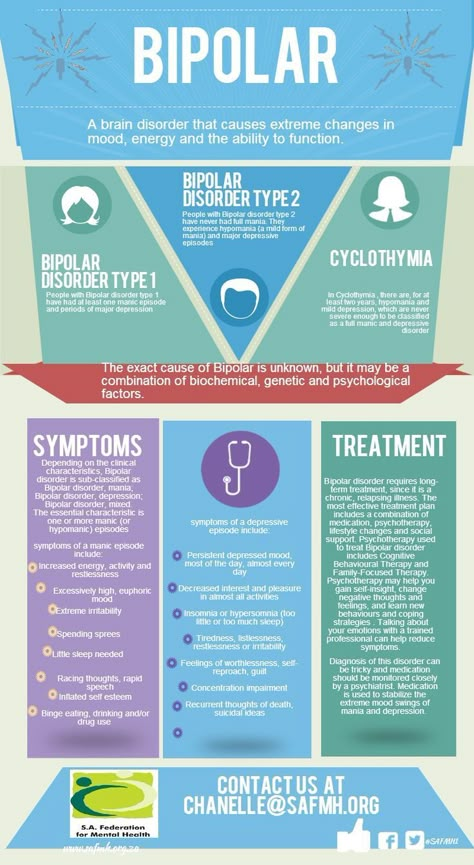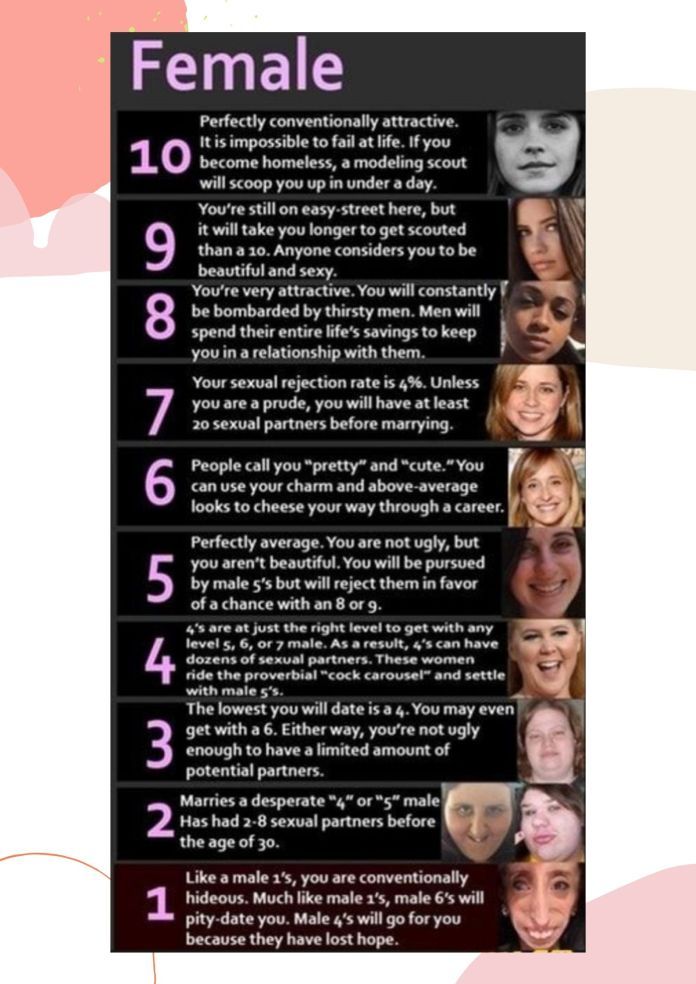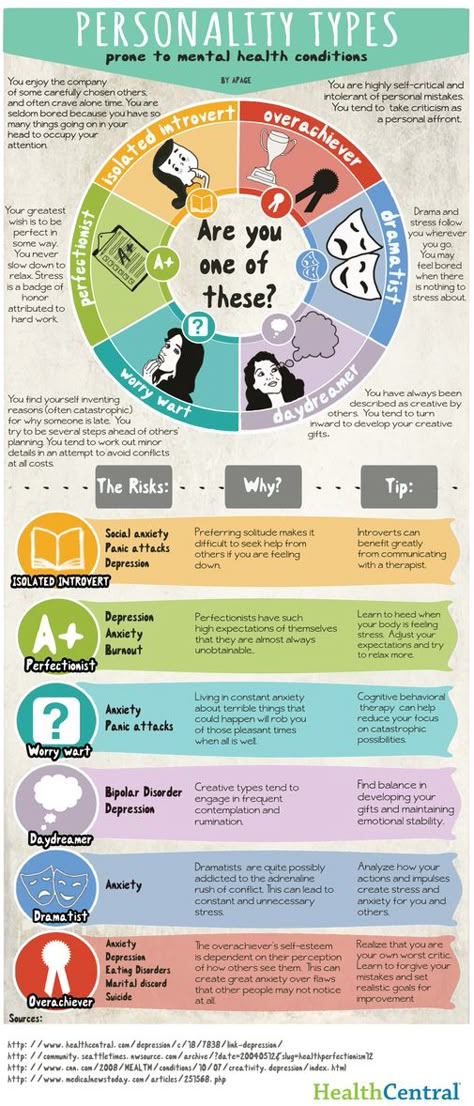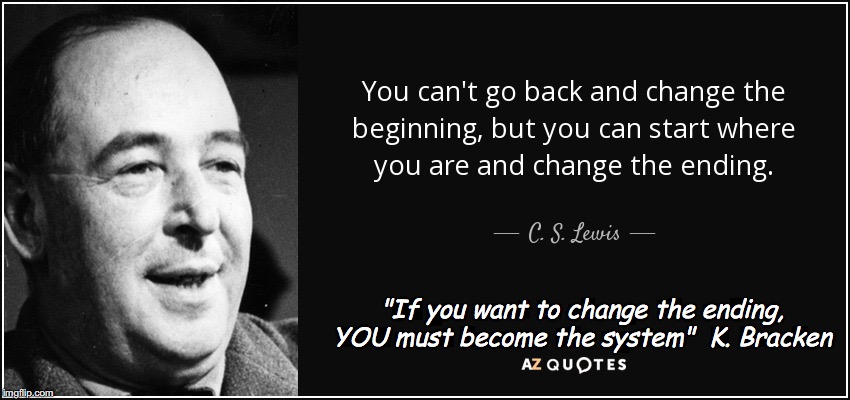Letting go of judgement
5 Ways to Let Go of Judgment & Fear
“Everything that irritates us about others can lead us to an understanding of ourselves.” – Carl Jung
Judgment and fear have a tendency to hold you back from living a rich and meaningful life that is based on your true values and establishing harmony in relationships. There is often a high price to pay for living in a mental and emotional place of judgment and fear. This price may take the form of avoiding relationships with others, challenging mental or physical pursuits, and even discovering your true identity. In many ways, judgment and fear can function as self-protective defense mechanisms that keep the conscious mind from discovering truths that the self believes to be painful or unbearable. No matter what lies within one’s core identity, it is often the suppression or repression of self-knowledge that ultimately results in greater suffering.
It is possible to let go of judgment and fear in your life, no matter how deeply ingrained it may have become or how convincing your mind may be in its staunch attachments to false beliefs. From the perspective of Acceptance and Commitment Therapy (ACT), a mindfulness-based behavioral therapy, the mind is neither a “friend” nor an “enemy.” The mind is simply doing what minds do: producing thoughts. The choice lies in how much credence you are willing to give those thoughts. Simply having a thought – however deeply ingrained or repetitive – does not necessarily mean that thought is a fact. It is simply a thought produced by your mind. You are the one who interprets and assigns meaning to that thought.
If you notice a pattern of judgment and fear in your life that you are now willing to change, consider applying the following five ways of letting go of that judgment and fear. You have the choice to begin to release negativity at any moment. While these strategies may be “simple,” they are not always “easy.” If you notice that the benefits of releasing judgment and fear outweigh the costs of holding on, the decision to make authentic changes will become easier and easier. One step at a time.
One step at a time.
Learning to become mindful of your thoughts in the moment is a crucial step toward the ultimate release of judgmental and fearful thoughts. When you are unaware of how your thoughts may be impacting your emotions, bodily sensations, and interactions with other people, it is quite difficult to let fearful thoughts go. You can apply mindfulness to your experience with judgment and fear by actively directing your attention toward such thoughts as they arise, noticing they are thoughts created by your mind – not necessarily “facts.” When judgments arise in consciousness, try labeling them as just that: “judgments.” Allow yourself to have such thoughts without acting on them impulsively; observe them, accept them in the moment, and let them go.
(2) Reframe the Judgment in Terms of ConsequencesWhen you are more mindfully aware of judgmental thoughts in the present moment, take a step back to examine the true meaning of those judgments. Notice what potential consequences (without spiraling into catastrophic or dichotomous thinking) may occur as a result of what you or another person is doing. Often, judgmental thoughts spring from a deep fear of what “might happen” if you or someone else engaged (or did not engage) in a particular action. Try stating realistic consequences, combined with your emotional experience, as opposed to allowing the process to end in a knee-jerk reaction of “good” or “bad.” For example, “He just did something really cruel. It resulted in me feeling shocked and hurt.”
Notice what potential consequences (without spiraling into catastrophic or dichotomous thinking) may occur as a result of what you or another person is doing. Often, judgmental thoughts spring from a deep fear of what “might happen” if you or someone else engaged (or did not engage) in a particular action. Try stating realistic consequences, combined with your emotional experience, as opposed to allowing the process to end in a knee-jerk reaction of “good” or “bad.” For example, “He just did something really cruel. It resulted in me feeling shocked and hurt.”
Another way of actively reframing judgmental thoughts is to look at the potential ways that you can grow in positive ways as a result of understanding your judgmental thinking or how judgmental thoughts can lead you to a place of deeper appreciation of others. For example, perhaps you mindfully notice your mind developing a judgmental thought such as, “She always looks so great and has it all put together. I’m such a mess in comparison.” Rather than allowing the thought process to end here and potentially result in distress or unnecessary suffering, take it a step further. Reframe the judgmental thought as, “She seems to really take the time to put herself together and present herself well. I admire that and would like to learn how to do that for myself.”
I’m such a mess in comparison.” Rather than allowing the thought process to end here and potentially result in distress or unnecessary suffering, take it a step further. Reframe the judgmental thought as, “She seems to really take the time to put herself together and present herself well. I admire that and would like to learn how to do that for myself.”
We all have a complex and delicate variety of strengths and weaknesses that are the result of many factors and interactions between those factors (e.g., biology, temperament, personality, attachment style, environment, cognitive factors). Our judgments about “how” other people “are” often tend to be skewed, as we can never be fully aware of the intricate process by which another person has journeyed to their current place in life. When judgments are made in terms of comparisons with others, they are often superficial and done in ways that overly focus on the perceived “strengths” of the other person and the perceived “weaknesses” of the self. There is often a paucity of attention given to the big picture and a hyperfocus on dichotomous thinking. Actively look for the bigger picture, for what you are missing/not noticing, and for exceptions. For example, perhaps you have the thought, “I always screw up on these tests. Other people just ‘get it,’ and I don’t.” Instead of proceeding down this dark tunnel and getting stuck in an emotional rut, step back. Notice times in the past when you have done well, if you happened to be ill or distracted that day, or if your perceptions of others’ performance is just
maybe a bit off.
There is often a paucity of attention given to the big picture and a hyperfocus on dichotomous thinking. Actively look for the bigger picture, for what you are missing/not noticing, and for exceptions. For example, perhaps you have the thought, “I always screw up on these tests. Other people just ‘get it,’ and I don’t.” Instead of proceeding down this dark tunnel and getting stuck in an emotional rut, step back. Notice times in the past when you have done well, if you happened to be ill or distracted that day, or if your perceptions of others’ performance is just
maybe a bit off.
Judgmental and fearful thinking often serves to actively invalidate yourself or others in some way. Judgments are essentially thoughts that say, “I am/others are [negative quality] because of [behavior/perceived weakness].” If you find yourself engaging in judgmental thoughts toward yourself or others, notice ways in which you can release those judgments by transforming them into validating statements. For example, if you find yourself engaging in thoughts such as, “I’m such a failure,” transform that thought with self-validation by thinking or stating aloud, “Progress and change take time and practice. I choose to be patient and direct compassion toward myself right now.”
For example, if you find yourself engaging in thoughts such as, “I’m such a failure,” transform that thought with self-validation by thinking or stating aloud, “Progress and change take time and practice. I choose to be patient and direct compassion toward myself right now.”
By taking a mindful and compassionate approach toward your internal experience – and all of the mental chatter that goes along with it – you are allowing yourself the opportunity to develop a different relationship with the contents of your mind. If you find yourself prone to bouts of judgment (of self and/or others) or fear, consider how willing you are to take active steps towards letting them go. Reflect on the protective function that judgment and fear may have served in your life. Notice ways in which you may have been held back from expressing your true self due to judgment and fear. It is possible to let go of judgment and fear… you can make the choice in this moment to practice a new way of relating to yourself, others, and the world.
– – – – – – – – – – – – – – – – – – – – – – – – – – – – – – – – – – – – – – – – – – – – – – – – – – – – – – – – – – – – – – – – –
Hall, K. (2012). Letting Go of Judgments. Psych Central. Retrieved on July 10, 2012, from http://blogs.psychcentral.com/emotionally-sensitive/2012/07/letting-go-of-judgments/
Featured image: Judgmental Cat Judges by quixado / CC BY-ND 2.0
Letting Go of Judgments
The cost of judging is quite high, particularly for emotionally sensitive people. Think how you would live your life if you weren’t afraid of being judged, either by yourself of others?
Judging and fear of being judged often keeps people in a trap – an emotional jail. Instead of living your life the way you would love to, you live safely, doing what is acceptable, so you aren’t labelled as crazy, stupid, worthless, a failure, lazy or some other hateful word. You may try to fit into molds that aren’t right for you or that aren’t even possible for human beings.
Humans simply aren’t perfect.
Judgments are often based on “rules” that don’t really make sense. History is full of judgments that have been made against other people which let to disastrous events and great harm to fellow human beings. People have been judged inferior for their gender, the color of their skin, where they lived, their language, their appearance and their occupations. Most of us shake our heads with regret at those horrors, yet judge ourselves and others on a daily basis.
People are constantly judging in terms of good and bad, forgetting that what they are really describing are the consequences of actions and events, not the person. When you say he is a good person for volunteering in homeless shelters, you mean his actions will be helpful to others. When you say she is stupid for staying with a man who is mean to her, you mean she is likely to be harmed by her decision and that is hard to accept.
When you call someone “stupid,” you avoid feeling sad, yet sadness is what you are likely to be feeling. Saying more clearly what you mean makes a difference in the emotions that you experience.
Saying more clearly what you mean makes a difference in the emotions that you experience.
Judgments can result from the avoidance of feeling. When you call yourself names such as “loser,” you may avoid feeling sad about something you did and the need to make changes. Avoiding feelings does not have good results!
Judging yourself is a form of punishment. We know that punishment is effective in stopping behavior and at the same time isn’t motivating and doesn’t help create new behavior. Thus lots of judgments result in doing nothing, not in doing better.
Harsh judgments of yourself interfere with developing a sense of identity, a sense of belonging, and intimate relationships with others. Judgments also add to feelings of depression and anxiety. The more harshly you judge yourself, the more alienated and alone you are likely to feel. It’s difficult to feel a part of life when you are distancing yourself through judgments.
Letting go of judgments is difficult and requires repeated practice. Some possible ways to let go of judgments are listed below.
Some possible ways to let go of judgments are listed below.
Mindfulness
Mindfulness of your thoughts is a first step. You must be aware of your judgments to let go of them. Mindfulness can also be the way you let go. Be aware of the thoughts that you have with the knowledge that your thoughts are just thoughts and not necessarily true. Notice your judgments, label them as judgements and let them pass. Simply practicing letting judgments pass without acting on them or believing them will lessen the power they have over your mood and behavior. With time, you will be able to smile, say “That’s a judgment,” and go on with your day.
Restate the Judgment in Terms of Consequences
When you notice yourself judging, look at what the true meaning is. What are the consequences of what someone is doing? Judgments are usually about consequences to yourself or others. Stating the consequences instead of using “good” and “bad” will give a fuller meaning. Remember to include the emotion that goes along with the consequences. ”She said something so mean–it shocked me and hurt me.”
Remember to include the emotion that goes along with the consequences. ”She said something so mean–it shocked me and hurt me.”
Restate the Judgment in Terms of Goals or Appreciation of Others
You can also restate the judgment into goals for yourself or appreciation of others. Instead of saying, “She always looks so put together and I’m such a slob,” say “She’s great at putting outfits together. I want to learn to do that.”
Look for What is Being Left Out
Everyone has strengths and weaknesses. Comparisons are usually done in a superficial way by looking at your weaknesses in terms of someone else’s strengths, not the whole picture, and without complete information. When you judge yourself, consider what you are leaving out, what the bigger picture is. Maybe you didn’t pass the test. And maybe you were taking care of your mother who was ill. Or maybe academics isn’t your strength and you are a terrific dancer. Maybe the store clerk was rude to you and perhaps she was upset because she was put on probation at a job she needs to support her family.
Use Validation
Judgments are often a form of invalidating others and/or yourself. One way of letting go of judgments is to change them into validating statements. Maybe you say them out loud to help you regulate your emotions. Instead of saying you are stupid, say “change takes time and I need to be patient with myself in order to stay committed and reach my goal.” You can do the same with others. Instead of saying “he’s a jerk,” say, “he is saying hurtful, horrible things and he doesn’t know how to be angry in a healthy way. It is my job to keep myself safe, not to add to his anger or be a target for him.”
Remember that judging can also be about saying something is “good.” The problem with using positive judgments is that it means that something can also be “bad.” Being more descriptive as we discussed above means not using the shorthand of “bad” or “good.”
Take our pollto see how most people cope with their judgments.
photocredit:penelopejonze
On the refusal of condemnation / Pravoslavie.
 Ru
Ru In the Lenten prayer of St. Ephraim the Syrian, we ask the Lord to give us "See my sins and do not judge my brother mine." This prayer is always important, but especially now that the internet is full of anger and condemnation. Any blogger knows exactly who the bad people are brand with disgrace, and if he doesn’t know, it’s decidedly for him other bloggers will explain.
At the same time, condemnation is not perceived as a sin, which people betray themselves, bashfully hiding in the corners, but how duty. Have you branded the vile, criminal rascals who... (list of rascals attached)? Not branded? So you are not for the Truth? So you don't mind evil? nine0003
Orthodox people, alas, often fall into the same trap which are non-church. As if intransigence to evil requires judging people! This is not true. It's even the other way around.
Refusal of condemnation does not mean that we recognize the actions of a person as right (they can be terrible) or his views are reasonable.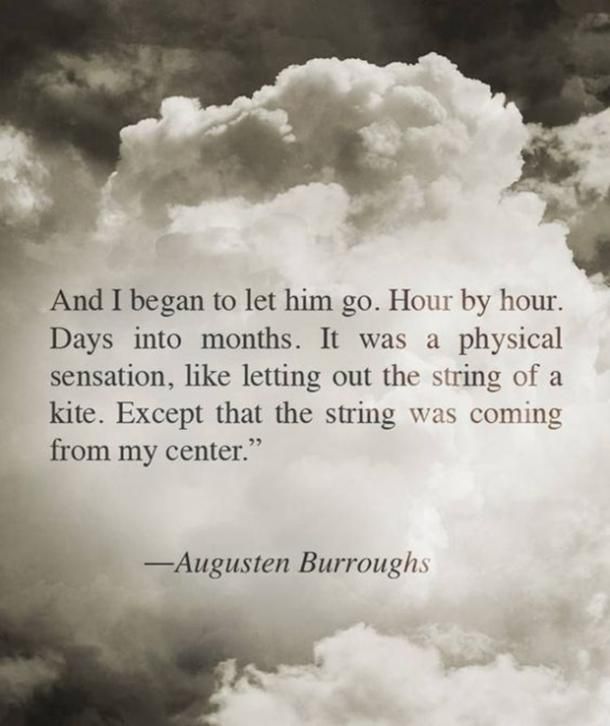 No, they can be completely cannibalistic. Failure means that we do not pronounce judgment on him as a person: don't define him to hell, don't strike him out of of the human race, do not break those bonds of solidarity, which link us to him in Adam. nine0003
No, they can be completely cannibalistic. Failure means that we do not pronounce judgment on him as a person: don't define him to hell, don't strike him out of of the human race, do not break those bonds of solidarity, which link us to him in Adam. nine0003
The Monk Abba Dorotheos writes about this: slander, and otherwise condemn or humiliate. slander means to say about someone: such and such lied, or or got angry, or did something else that was not good. like this cursed his brother, that is, he spoke passionately about his sin. And condemn means to say: such and such a liar, fornicator, angry. like this condemned the very disposition of his soul, pronounced a sentence on his whole life, saying that he was such and such, and condemned him as like this: and this is a grave sin.” nine0003
The Lord says that we should love our neighbor as himself. Nonjudgment suggests that we relate to the sins of your neighbor as well as your own. We don't justify their sins or delusions that they indulged in in the past.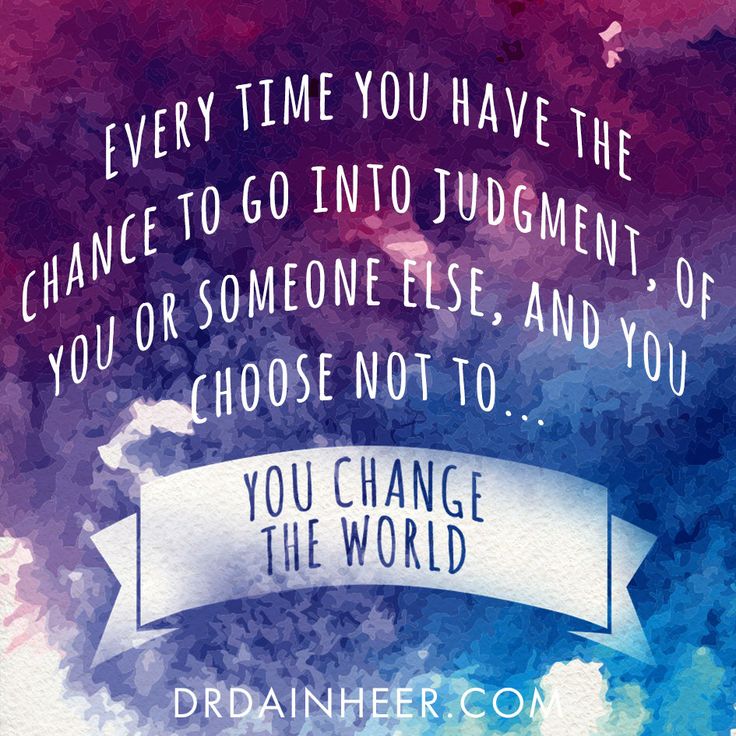 It was bad, and we recognize it as bad. But we don't identify ourselves with these sins, we proceed from the fact that that we are quite separable from these sins, that we can become others: to repent of sins, to realize their delusions. We are not lost yet. We can be reconciled to God and people. We, so to speak, always consider ourselves as “our own”, we take our good and always wish the best for ourselves. We don't condemn ourselves to exile into outer darkness, although we can sincerely condemn some of their actions and painfully regret about that we have done them. nine0003
It was bad, and we recognize it as bad. But we don't identify ourselves with these sins, we proceed from the fact that that we are quite separable from these sins, that we can become others: to repent of sins, to realize their delusions. We are not lost yet. We can be reconciled to God and people. We, so to speak, always consider ourselves as “our own”, we take our good and always wish the best for ourselves. We don't condemn ourselves to exile into outer darkness, although we can sincerely condemn some of their actions and painfully regret about that we have done them. nine0003
Saint Ephraim teaches us to pray for the vision of our sins, because very often we do not see them. Us it seems that we are right, and especially terrible and pernicious we do stupid things just when we are sure of our rightness. We just don't see the pain we cause others, do not think about the consequences - direct or indirect - our words and deeds. About what our words can kill someone or move someone to a grave sin.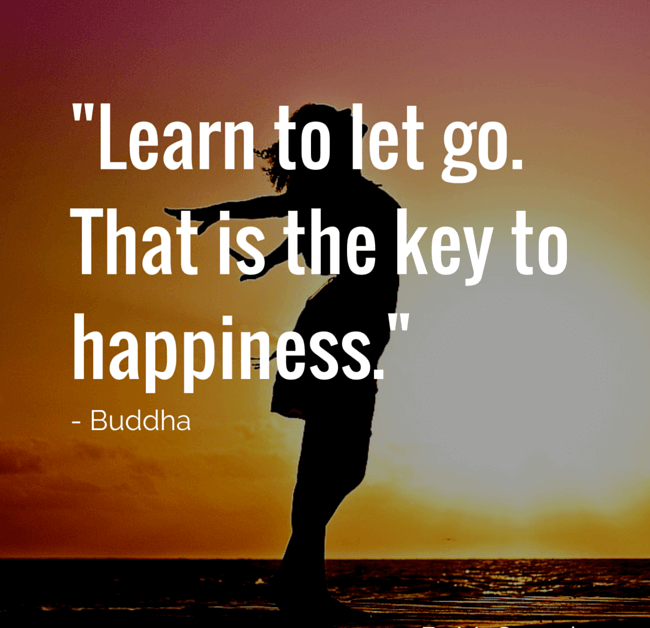 O that the system of excuses we have built covers up obvious evil. nine0003
O that the system of excuses we have built covers up obvious evil. nine0003
Honesty, the ability to see the surrounding reality in a way that as it is, and not as we are more comfortable - a feat, which few people are capable of. Any steps in this direction are given in great difficulty. people (including us themselves) build their perception of reality in such a way that appear righteous in their own eyes and stand for what is right a business.
If I myself am prone to self-deception, to self-propaganda in favor of that side in the conflict, which I have chosen, should I not with understanding and solidarity look at the man who cries out me insults and accusations from the other side? 'Cause I can look into it as in a mirror; he is truly my brother, I I see in him the same hereditary, passed on to all of us from fallen Adam's disease, which is what I have. He is blind like me; he is as mad as I am; he lied, as did I; he strayed from way, like me . .. From the outside, this is a mirror resemblance irreconcilable opponents is striking, but from participants in the skirmish, it is obscured by a red veil, hanging before my eyes: fear to shake in my rightness, a cowardly fear of alienating the applauding audience. nine0003
.. From the outside, this is a mirror resemblance irreconcilable opponents is striking, but from participants in the skirmish, it is obscured by a red veil, hanging before my eyes: fear to shake in my rightness, a cowardly fear of alienating the applauding audience. nine0003
And Lenten prayers constantly put me before fact: I am a poor sinner, guilty and corrupted, seeking mercy of God. Maybe sometimes, somewhere, in something I I am right. But this rightness is not a stone that I can throw at a neighbor; this is the grain of light that I can to share with the person who fell into the same hole as me.
Another sinner is a brother in misfortune. His blindness his bitterness, his desire to live in an invented, and not in the real world, all its damage appeals to my solidarity, because I have exactly the same problems. condemning him, I bury myself. great post It's time to stop doing this. nine0003
I want to stop judging | PSYCHOLOGIES
44 669
Know YourselfA Man among People
Stop judging and criticizing, look distantly and kindly at others, at situations and at yourself. .. The task of the editors seemed quite achievable to me, and I arranged a meeting with cognitive psychologist Tatiana Yudeeva .
.. The task of the editors seemed quite achievable to me, and I arranged a meeting with cognitive psychologist Tatiana Yudeeva .
I also have my own opinion about everything and everyone. But I worry long and deeply about how others perceive and evaluate me. I tend to judge people by quickly labeling them. nine0003
I've noticed more than once: when a conversation partner can't keep up a conversation on a topic that interests me, doesn't know some names, hasn't read some books, I instantly have the thought: “He's stupid. Don't do business with him anymore."
“Is it possible to understand this in such a way that sometimes you make assessments too quickly and this prematureness prevents you from understanding a person and continuing communication?” asks Tatyana Yudeeva.
We tend to judge others when we are especially vulnerable and need support ourselves
It's like this: I instantly react to gaps in the knowledge of others, but if the interlocutor does not know something that I do not know, this seems quite natural to me.
“It is worth taking into account that the reference points can be different,” reminds the psychologist. Yes, this is true: I remembered how my classmate Lyuda asked me who Akhmatova was at school. I explained, but then for a long time I considered her a fool.
Once we were assigned to make a wall newspaper together, and it turned out that Luda draws beautifully, loves dogs and is generally very nice. That evening, when we laughed at our own poems and caricatures, I seemed to see her - I used to appreciate it, but at that moment I saw it. nine0003
Raise self-esteem
Why do we need to evaluate the people around us, and evaluate them mostly negatively? American psychologist, founder of individual psychology Alfred Adler believed that in this way we put ourselves on a pedestal, increase our self-esteem.
The depreciation of others is like a preemptive strike. We usually do this when we are especially vulnerable, when it is important for us to know that we are loved and accepted for who we are. We often gossip because, judging others, we seem to confirm that we are not like that, and these qualities do not concern us in any way. nine0003
We often gossip because, judging others, we seem to confirm that we are not like that, and these qualities do not concern us in any way. nine0003
I noticed that the more I judge someone, the more I doubt myself. Well, gossip is a stupid thing to do. “It can be assumed that you are increasingly thinking:“ I am so old, a lot of time is wasted ... ”Tatyana Yudeeva is interested.
How will I feel if I don't gossip around my friends?
Yes, I'm living the second half of my life - not that there's not much time left, but I don't want to waste it on things that I'm no longer interested in. Therefore, ties with friends who still like to discuss others are destroyed. “Now you are thinking about how to fill your communication now?” the psychologist asks. nine0003
“A wise man is unlikely to amuse himself with idle talk,” I explain hesitantly. “He thinks about the world, about himself...”
But the psychologist asks: “What, fools don't think about it? It seems that when you evaluate yourself and your friends, you are based on certain criteria. It is worth understanding how they arose and why you have set yourself such a high bar.
It is worth understanding how they arose and why you have set yourself such a high bar.
You can't live up to it and that's why you feel constant dissatisfaction with yourself. Ask yourself: what would I like from life? How will I feel if I don’t gossip around my friends?” nine0003
Automatic thoughts
“But if everyone around me deserves a negative assessment, then the world becomes an unpleasant place where you don’t really want to be,” I reflect. "And if that's the case?" Tatyana Yudeeva smiles.
No, I don't agree with that. “No,” I answer. - It’s not the world itself that is terrible, but the fact that I am constantly evaluated in it, perceived worse than I am. I can see it by intonation, by looks, by the fact that someone is happy when they meet, but not me. nine0003
In the beginning of December we went to the cinema with some friends and met Maxim - I remember well how he smiled at the sight of Katya, how he hugged Oksana tightly... And how he turned in my direction and muttered: "Hello!" I was hurt.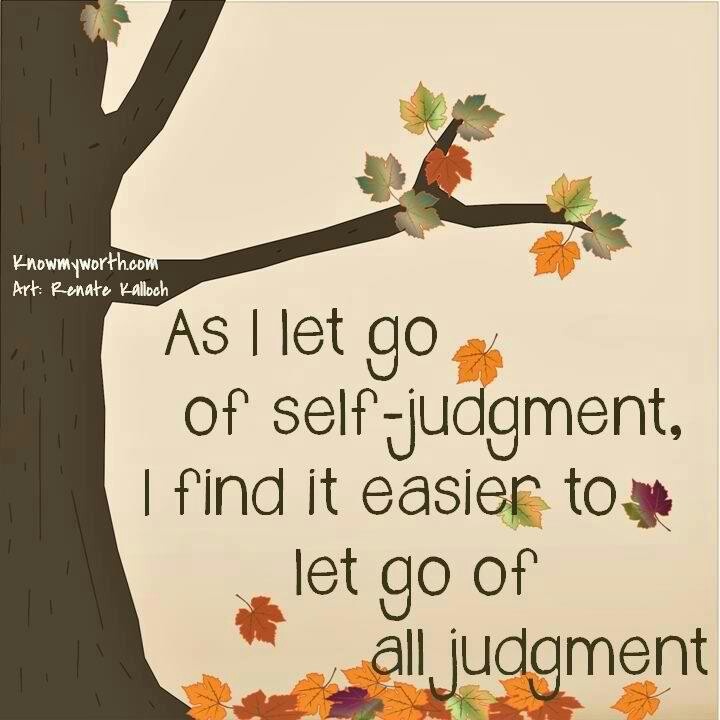 It seemed that now they would all go somewhere together, but without me.
It seemed that now they would all go somewhere together, but without me.
“I am separate, I am an outsider,” the psychologist repeats my words. - This is your idea. What do you feel? - "I'm offended." - "And what are you doing?" “I’m leaving,” I say, and I understand that I always leave in such cases. nine0003
You spontaneously choose the same way of thinking. It's hard for you to think differently
But that evening no one went anywhere, everyone went to different subway exits and different streets. “Your forecast was not confirmed, no one considered you superfluous,” sums up Tatyana Yudeeva. “But he was really happy for her, but not for me,” I argue.
“And who said that this man should treat all women equally? - the psychologist stuns me. "Why should he treat you the same way he treats the girl he hugged?" And treat you the same way as with her? And in general, it’s not about how he behaved, but about what you expected from this meeting.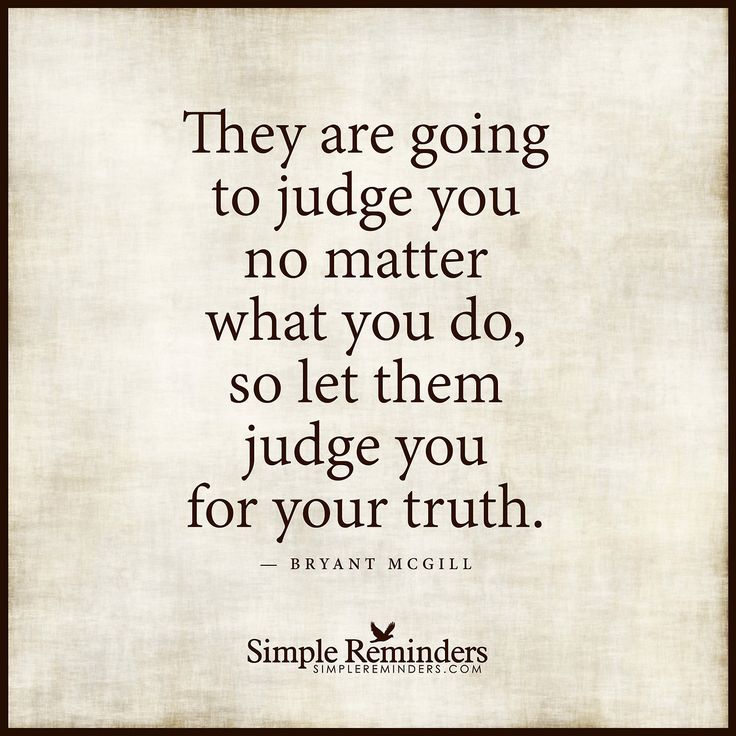 nine0003
nine0003
“Is everyone supposed to adore me and demonstrate it in every possible way?” I ask, a little embarrassed. “And if this does not happen, then you consider yourself superfluous and move away, catapult,” Tatyana Yudeeva responds.
— And now a very important question: why do you have exactly these (the same) thoughts in similar situations? Could they be different?"
To see the situation differently
We are sorting through the options, and I understand that I would hardly have coped with this alone: thoughts do not want to flow in the other direction. nine0003
“Great! the psychologist suddenly rejoices. - This just says that you involuntarily choose the same style of thinking. It's hard for you to think differently. And I can tell you this: if a person says “Goodbye, I’m gone” and quickly leaves, then it can be difficult for another to simply call him, call him back.
Maybe someone you know thinks you have something to do. And some people and the back is very expressive, repulsive. They might think: "Inna doesn't want to go with us, she has her own secrets, she doesn't like us very much..."
They might think: "Inna doesn't want to go with us, she has her own secrets, she doesn't like us very much..."
Next we talk about thoughts that prevent you from looking at the situation more broadly. “We each have beliefs about ourselves and other people,” explains the psychologist. - They are not always formulated in words, but we live in accordance with them.
One person has the conviction “I am smart”, and he will behave everywhere based on this. The other says, "I'm stupid." Someone is sure: "I am good (caring, loyal, cheerful)." And depending on these ideas about ourselves, certain thoughts appear in us. nine0003
You can get rid of automatic thoughts if you learn to observe them.
It's hard for me to break out of this circle: it's no coincidence that I didn't come up with other options for behavior in Maxim's case. “And you could not leave, but smile at him, come up, hug or say: “Well, hug me, I also want to,” the psychologist suggests and gives me homework. The next time I feel like I'm superfluous again, don't run away, but try to behave differently.
The next time I feel like I'm superfluous again, don't run away, but try to behave differently.
You can get rid of automatic thoughts if you learn to observe them. After all, we, oddly enough, do not notice what exactly we thought at one time or another, we do not see the patterns of our thinking, and as a result we feel longing, constant tension and anxiety.
Therefore, it is so important to be attentive to yourself at the first moment of communication with an unfamiliar interlocutor, the first day of work in a new place: imagine that you open the door before entering the room and say: “Hello!” And “catch” the thought that arises in you at that moment - it may turn out to be unexpected. nine0003
“Try to keep a diary, write down your thoughts,” sums up Tatiana Yudeeva. “Since childhood, we have been dragging a suitcase full of beliefs with us, and such a diary allows us to revise it and throw out the unnecessary.
And when we succeed in doing this, we achieve the goal of living more consciously, understanding what is happening to us, and ultimately being a friend to ourselves.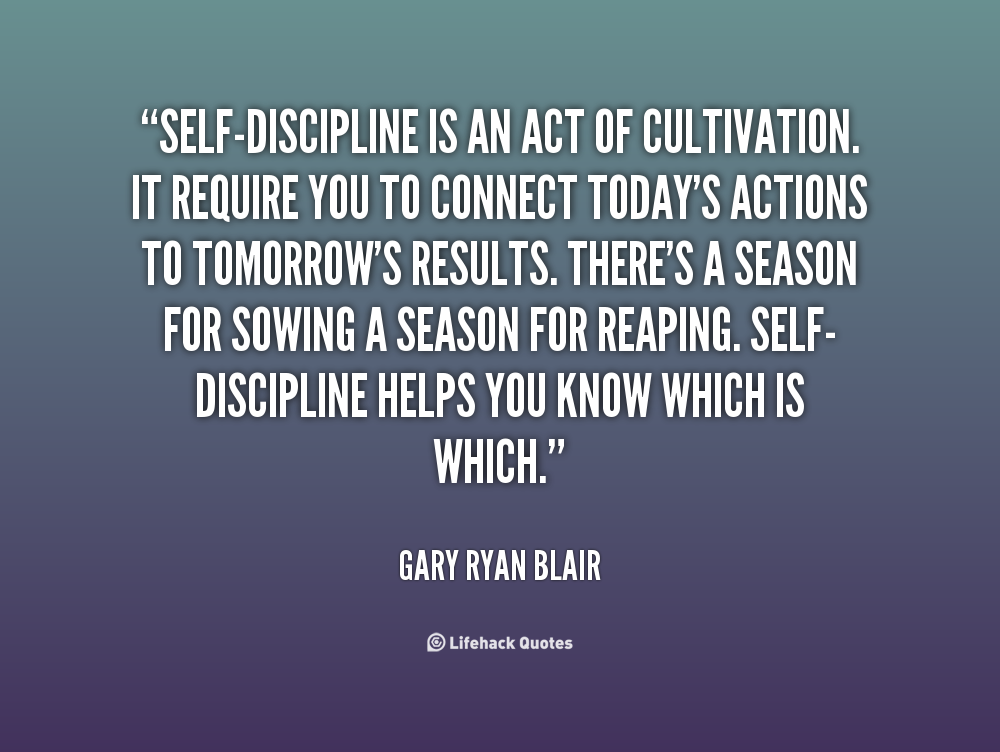
“Non-judgment is the key to love”
Patrice Gourier, priest, psychologist
From the penetrating injunction of the Gospel (“Judge not, lest you be judged”) to Buddhist principles (“Things are neither bad nor good, they (just) is"), from the Qur'an ("Do not slander one another") to the Talmud ("Do not judge your neighbor before you take his place"), non-judgment is a life principle proclaimed by most spiritual traditions. nine0003
First of all, because it is a prerequisite for the social world: not to judge is to agree with difference. And consequently - to live in harmony with others, overcoming fear, to win in tolerance, gratitude, in love. Three basic common spiritual values are also reflected in the Christian tradition.
Psychologies: The gospel is replete with calls for non-judgment - how are they to be understood?
Patrice Gourier: They must be taken as a necessary consequence of the second commandment, "Love your neighbor as yourself. " It's about not judging others, and not judging yourself. Judgment always springs from fear. But it is impossible to live in fear and in love at the same time, and the whole meaning of the gospel is contained in these words: "Love one another." Non-judgment is the key to learning to love others and ourselves better. nine0003
" It's about not judging others, and not judging yourself. Judgment always springs from fear. But it is impossible to live in fear and in love at the same time, and the whole meaning of the gospel is contained in these words: "Love one another." Non-judgment is the key to learning to love others and ourselves better. nine0003
How do you personally achieve this?
P.G. I do mindfulness meditation. As we return through our body and our senses to the present moment, we experience a sense of the oneness of life. Psychoanalyst Jacques Lacan argued that our spirit always hovers between the real, the imaginary and the ideal. More often than not, we turn our backs on reality in order to live in an ideal and imaginary world. Returning to our body, we return to reality, as we feel it from the inside, we part with stereotypes, a priori judgments, and fear. In the gospel, Jesus says, "Judge not." He invites us to inner silence so that others and God can access us.
